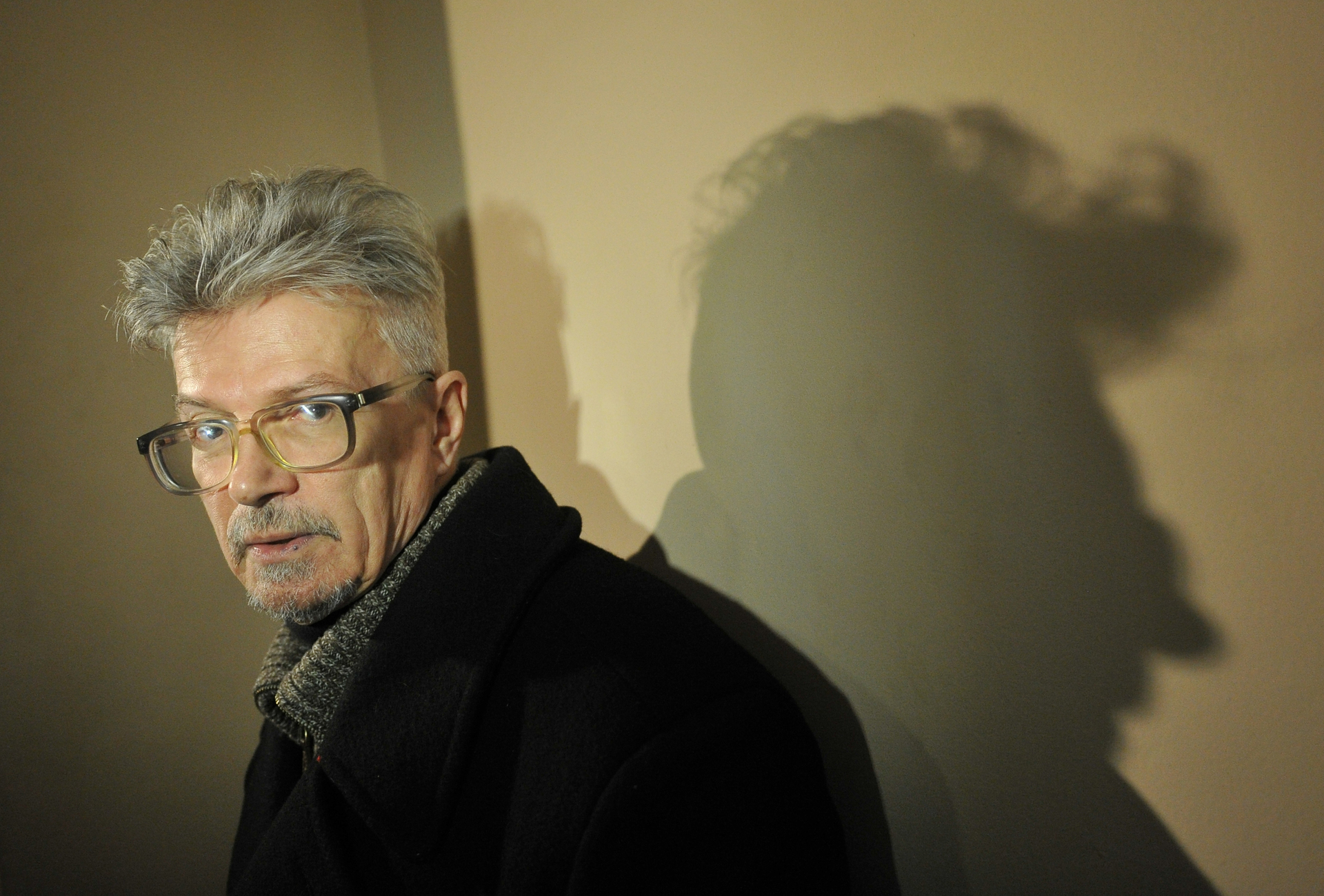In Moscow, at the 78th year of his life, the writer and politician Eduard Limonov died. This was announced by State Duma deputy Sergei Shargunov. He said that the writer died in one of the capital's hospitals, but did not name the cause of death.
“This, unfortunately, happened about half an hour ago in a hospital in Moscow. He was in touch until the last, talked, it was possible to contact him. He remained in a sound and clear mind, ”said the TASS deputy.
Information about the death of Limonov was also confirmed by his assistant.
It is worth noting that in October 2018, Limonov in his blog complained of deteriorating health and said that he had fled "from one clinic to another, where he has friends."
“I inform all interested parties that my health condition is pretty lousy. It’s hard for me to talk, it’s difficult to chew food, ”he wrote.
The writer also said that before getting to the clinic, he managed to write the books "ABC" and "Philosophy of feat."
To gallery page
On March 13, 2020, Limonov published his last post on Facebook, in which he said that he had concluded an agreement to publish his new book.
“I made a contract for a new book. The book is called "The Old Man Travels." It is already written, ”he said.
Director Vladimir Bortko, First Deputy Chairman of the State Duma Committee on Culture, in an interview with RT expressed condolences on the death of Eduard Limonov, noting that he was a man "with his own view of everything."
“I am very upset by this message. Very sorry. He was an original, wonderful and talented person with his own view on everything. His books are very talentedly written. He had his own views on how things should be. I'm really sorry, ”Bortko said.
Condolences to the relatives of Limonov were also expressed by publicist Anatoly Wasserman.
“Much of what he did seems to me, although extreme in form, but very serious in content. He posed many questions, important but unresolved, ”said Wasserman.
He also expressed the opinion that as a writer, Eduard Limonov would be appreciated "in a few more decades."
“Now there is such a mess in the literary environment that one thing is clear - the current criteria for evaluating writers will not last long,” he concluded.
- RIA News
- © Ramil Sitdikov
A friend of Eduard Limonov, a military observer, the head of the military section of the Izborsk Club, Vladislav Shurygin, in turn, noted that with the departure of Limonov an entire era had ended.
“Russian literature has lost one of the last great writers of the 20th century, world writers with well-deserved fame. In spite of everything, he remained himself and was able to live exactly the life that he planned for himself. With his departure, an entire era ended, including in politics. This loss can be realized only when we are left alone with us and we will understand how much it took with him, ”said Shurygin.
Eduard Limonov (real name Savenko. - RT ) was born in 1943 in Dzerzhinsk (in the territory of the present Nizhny Novgorod region), spent his childhood in Kharkov. From an early age he was fond of poetry, then engaged in prose and journalism. From 1967 he lived in Moscow, in 1974 he emigrated to the United States, after which the USSR authorities deprived him of citizenship. He worked in New York, and later moved to France, where his debut novel “This Is Me - Eddie” was published.
Eduard Limonov is also known for the novels The Story of His Servant (1982), The Diary of a Loser (1982), The Death of Modern Heroes (1985) and others.
In 1991, he returned to Russia, a year later received Russian citizenship.
Eduard Limonov is also known for political activities. In 1994, together with like-minded people, he created the National Bolshevik Party *. In July 2010, he headed the Other Russia party. In January 2011, the Ministry of Justice refused to register her.
In 2013, when the crisis in Ukraine began, Eduard Limonov opposed the “Euromaidan”, and later supported the annexation of Crimea to Russia.
LDPR leader Vladimir Zhirinovsky also expressed condolences on the death of Limonov, noting that the departure of the writer was a great loss for Russian culture. According to him, Limonov was a “torch” that shocked the Soviet Union, Europe, and the new Russia.
“He managed to visit both an expatriate dissident, a returnee, and a provocateur writer, a professional revolutionary, an honest, genuine oppositionist,” said Zhirinovsky.
* Extremist organization banned in Russia.

